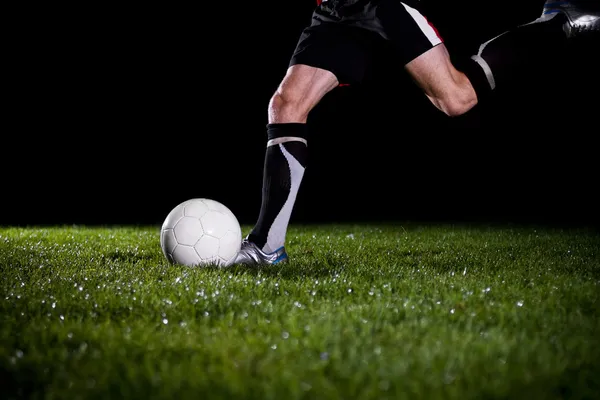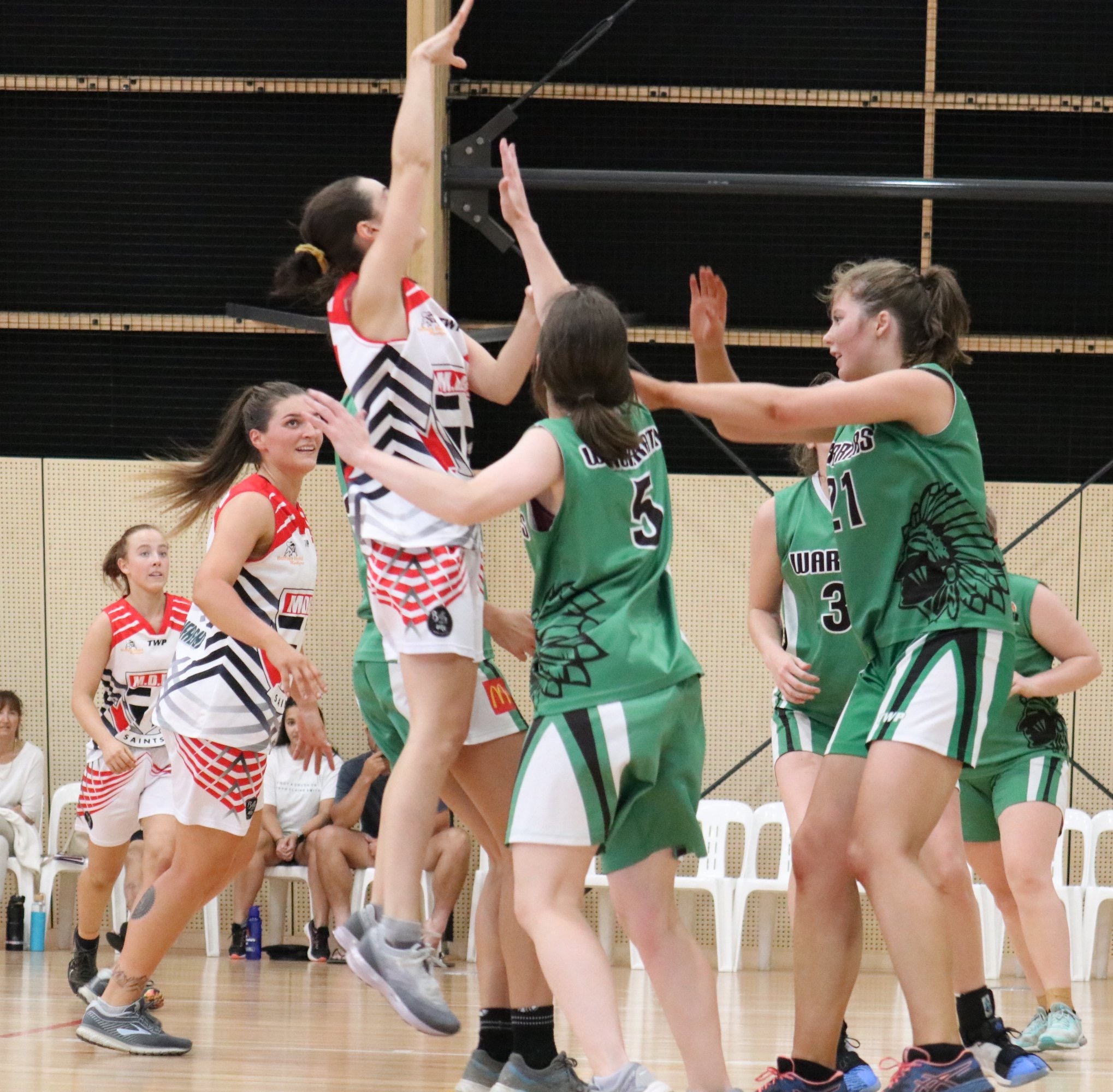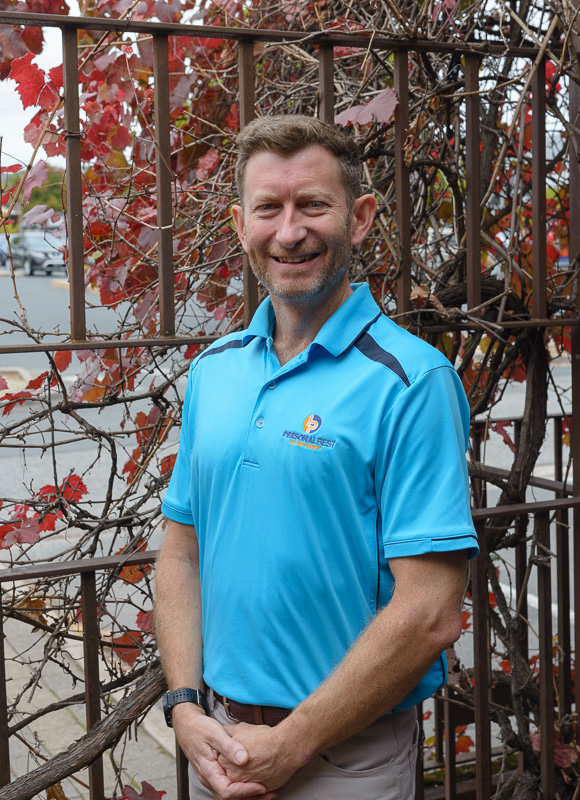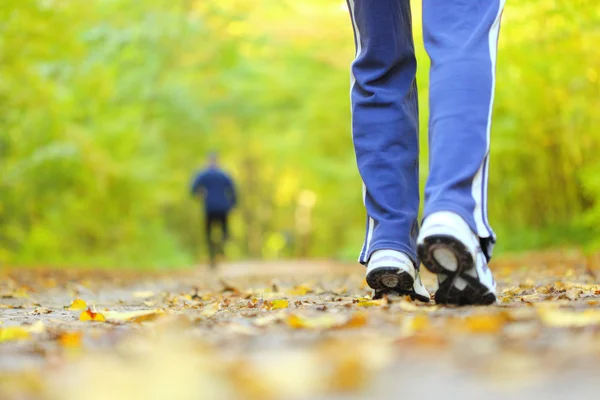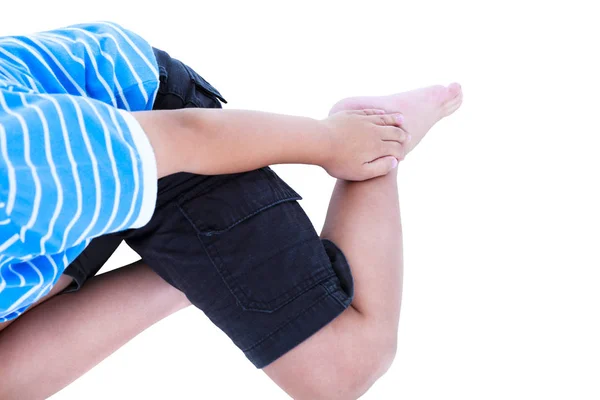As some of you know I have two boys (Jonah and Callum) who both play soccer (Go the Boomers!) and so our weekends during winter are spent either standing on the sideline eating a sausage in bread or running up and down the sideline with a flag watching for offside players! Personally I am finding this is a great time to be a Dad—my boys no longer need physical help to get dressed or get in or out of a car, and it is amazing watching them develop better soccer skills than me!
Recently my oldest son Jonah asked if we could walk down to the park and practice some soccer skills. We were passing the ball to each other and Jonah wanted to make it more challenging: “Only use your left foot Dad, . . . now only use your right). As a “left footer” I obviously found that using my right foot was a challenge. What was interesting to me was that it wasn’t just a decrease in power when using my right foot, but I was also much less accurate. Perhaps even more interesting was the fact that even though I haven’t played soccer for many, many years, I still had reasonable accuracy with my left foot. So you could say that I still had some “muscle memory” with my left foot but my right foot was still as “dodgy” as ever.
Naturally, my next thought was “How quickly can I improve my right foot kicking?” With my physiotherapist hat on I thought about the mechanics of kicking a soccer ball and how I could quickly improve my power and accuracy. If you’re a golfer you know that moving through your hips and trunk is important and the same principles apply with kicking a ball—the energy does not come solely from the leg, but is initiated by rotation through the hip region. With about 10 minutes of concerted practice I was able to improve my kicking a little and I’m sure that if I did it everyday I would improve on a more noticeable level.
So what’s my point?
The body is an amazing thing! I have no doubt that we have “muscle memory” for activities we learn during our lives and this can be accessed with the right exercises, focus and coaching. One of your best allies in your recovery is the fact that you could previously do that activity and your muscles and joints remember that. In addition, the ability to do an activity does not lie just in your muscles and joints, but also your brain, and the brain has the capacity to adapt and earn new movements or activities at any stage of life. A great example of this is the ability of a patient to learn to walk again following a stroke—the brain, muscles and joints are all “re-learning” an activity that was previously familiar and automatic.
If you’re currently struggling with movement or a problem and getting back to normal seems a way off, remind yourself that your body has an amazing capacity to recover—if you have the right mindset ( a topic for another newsletter!).

